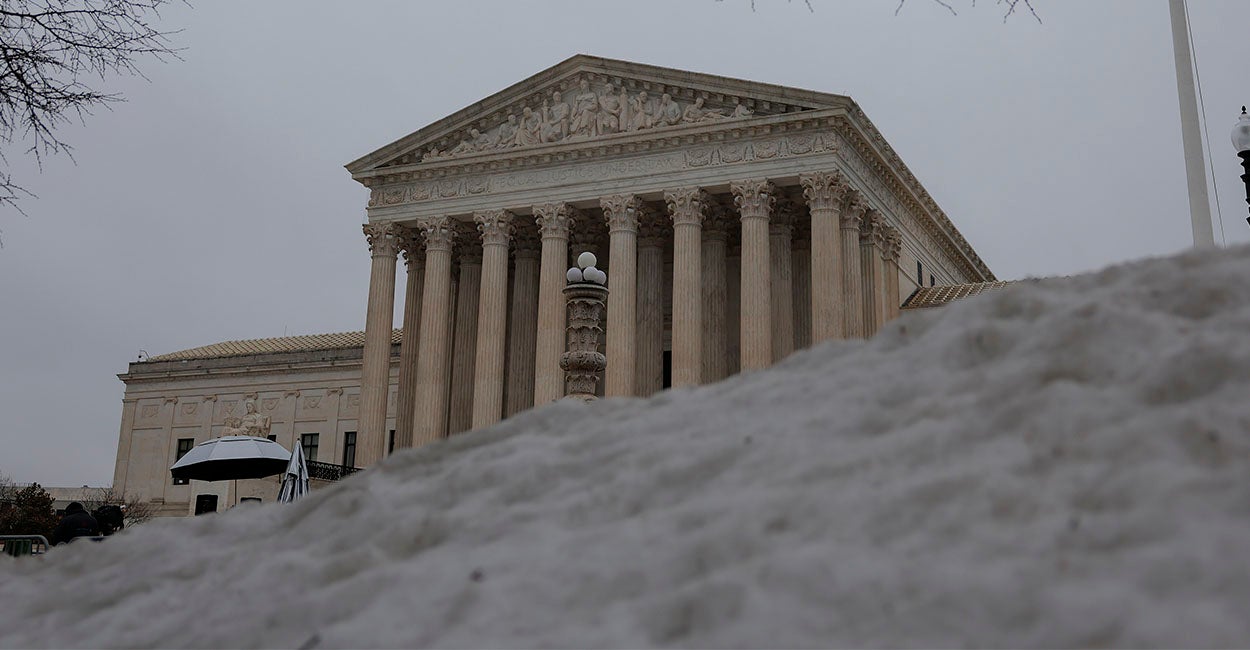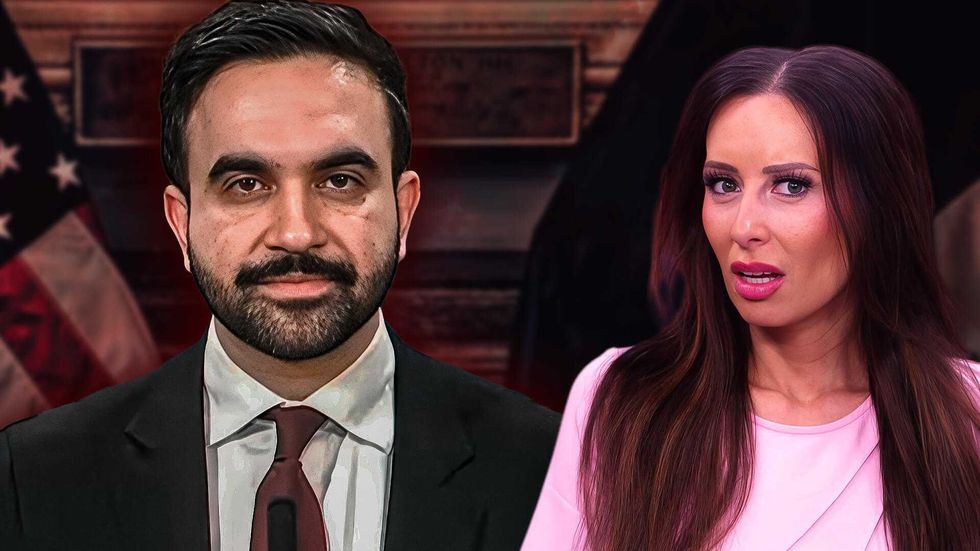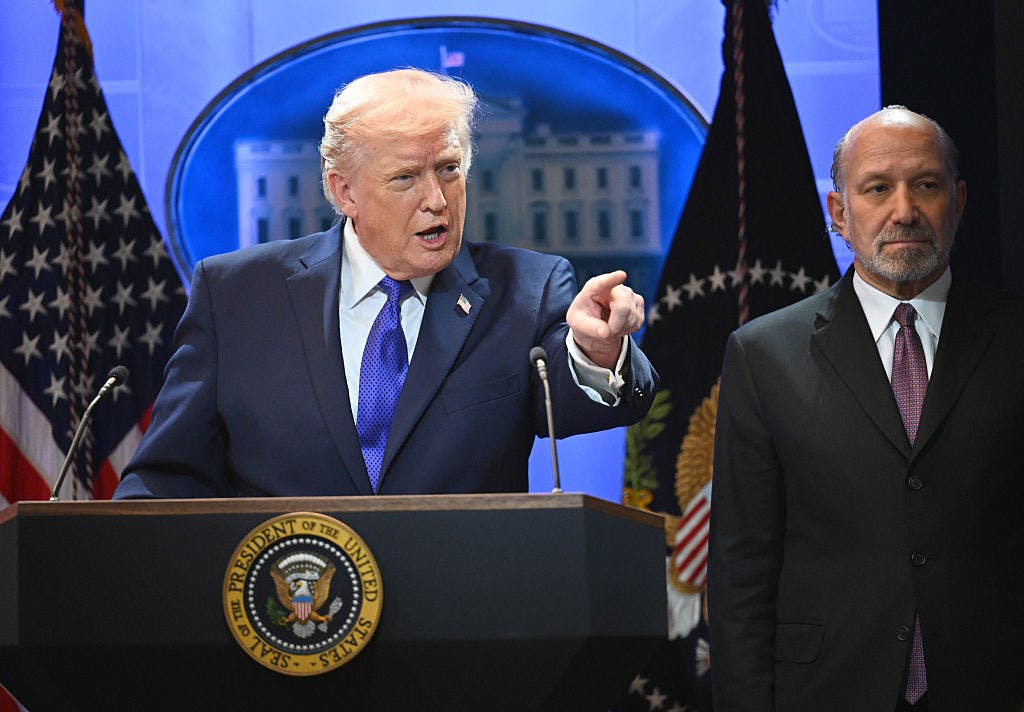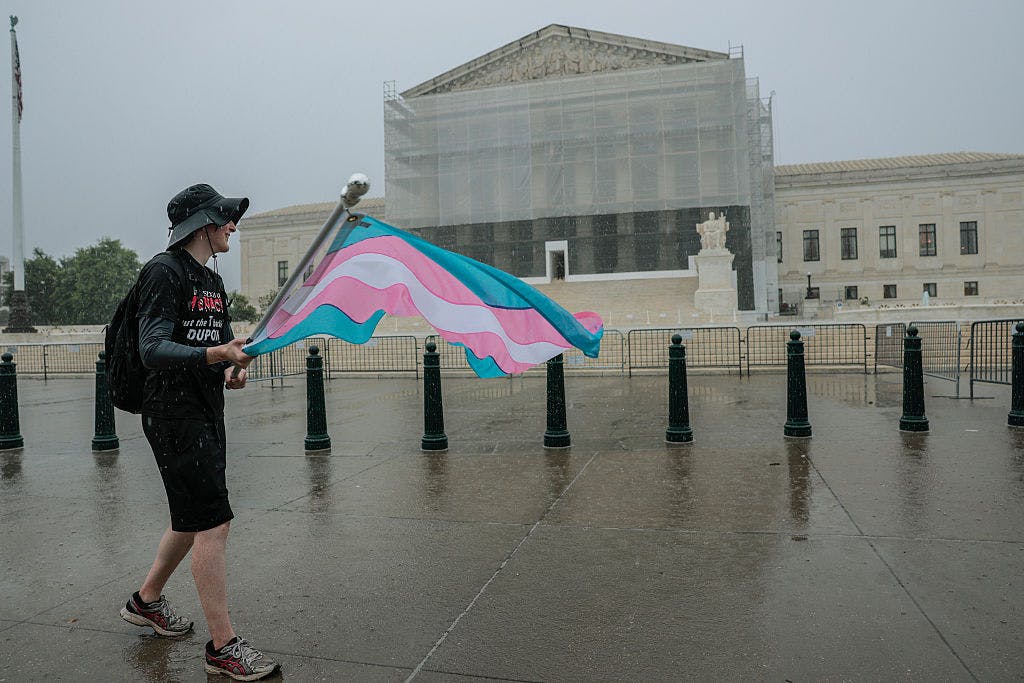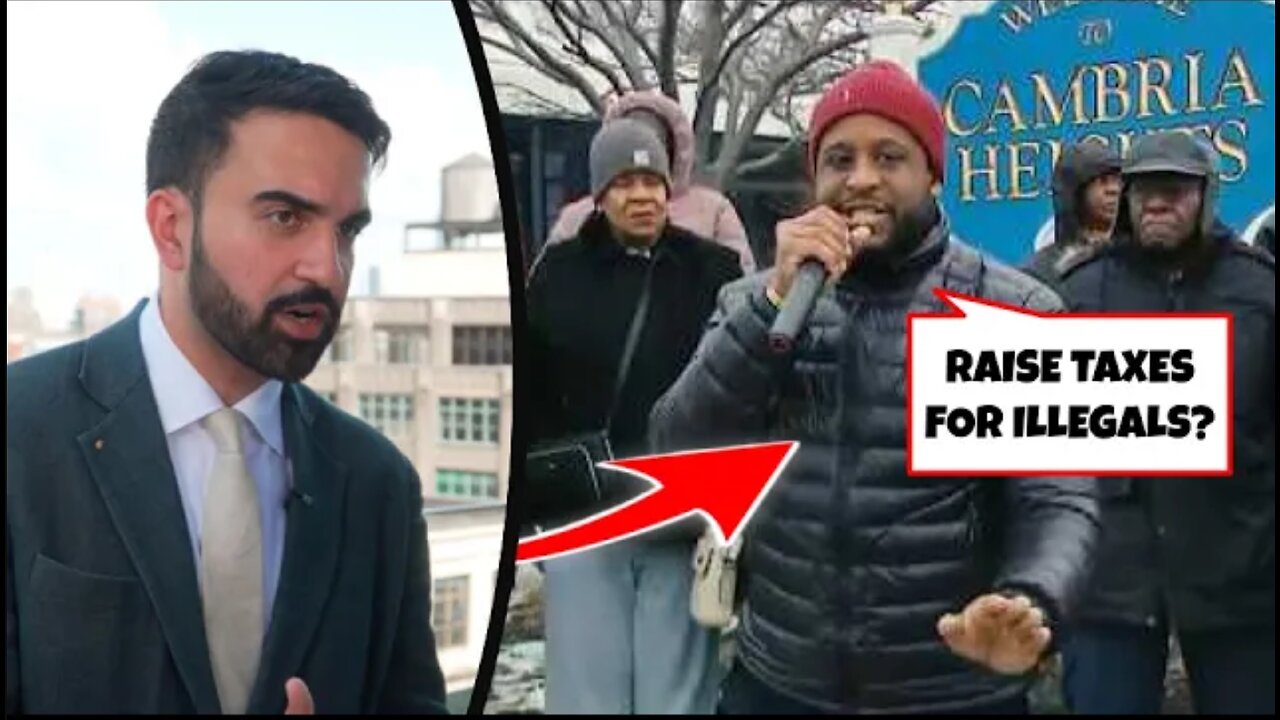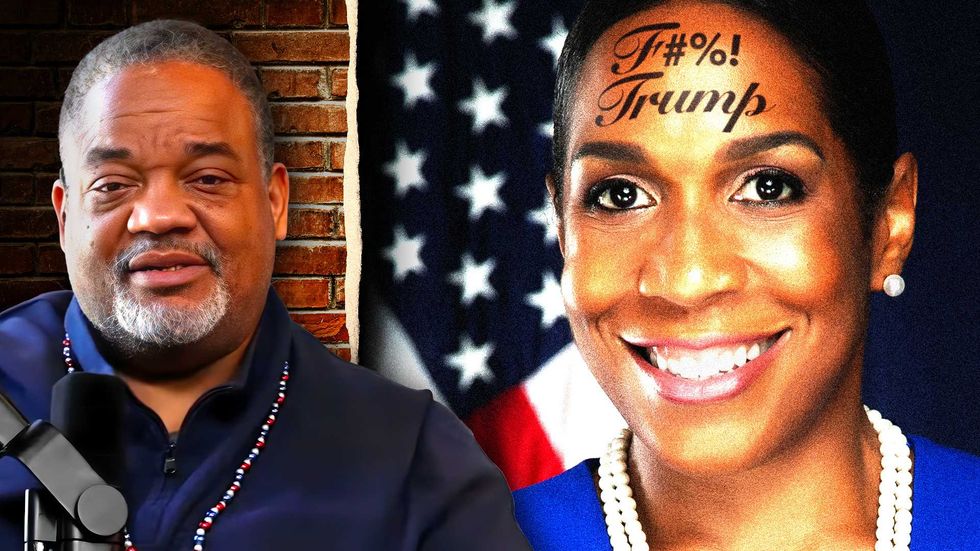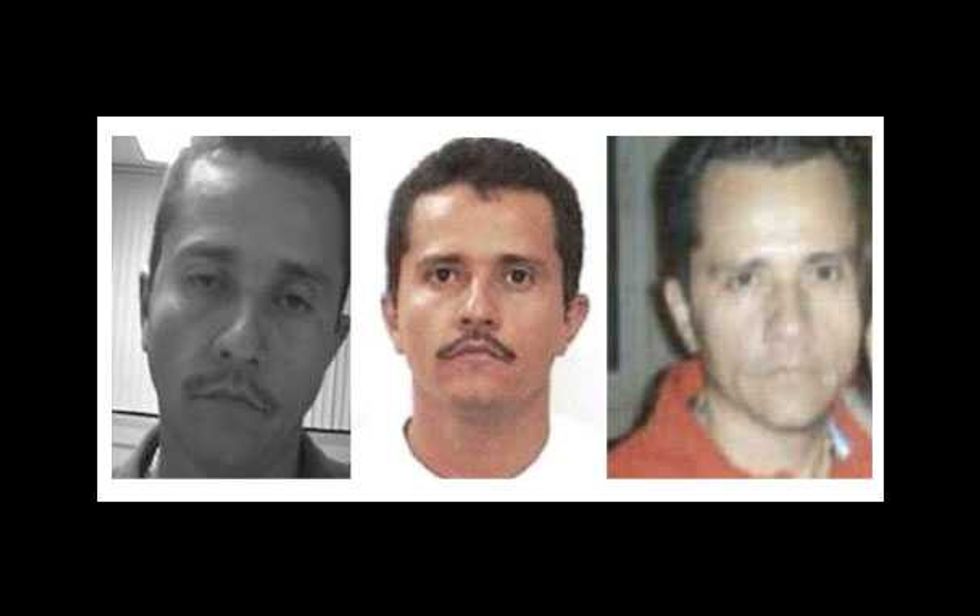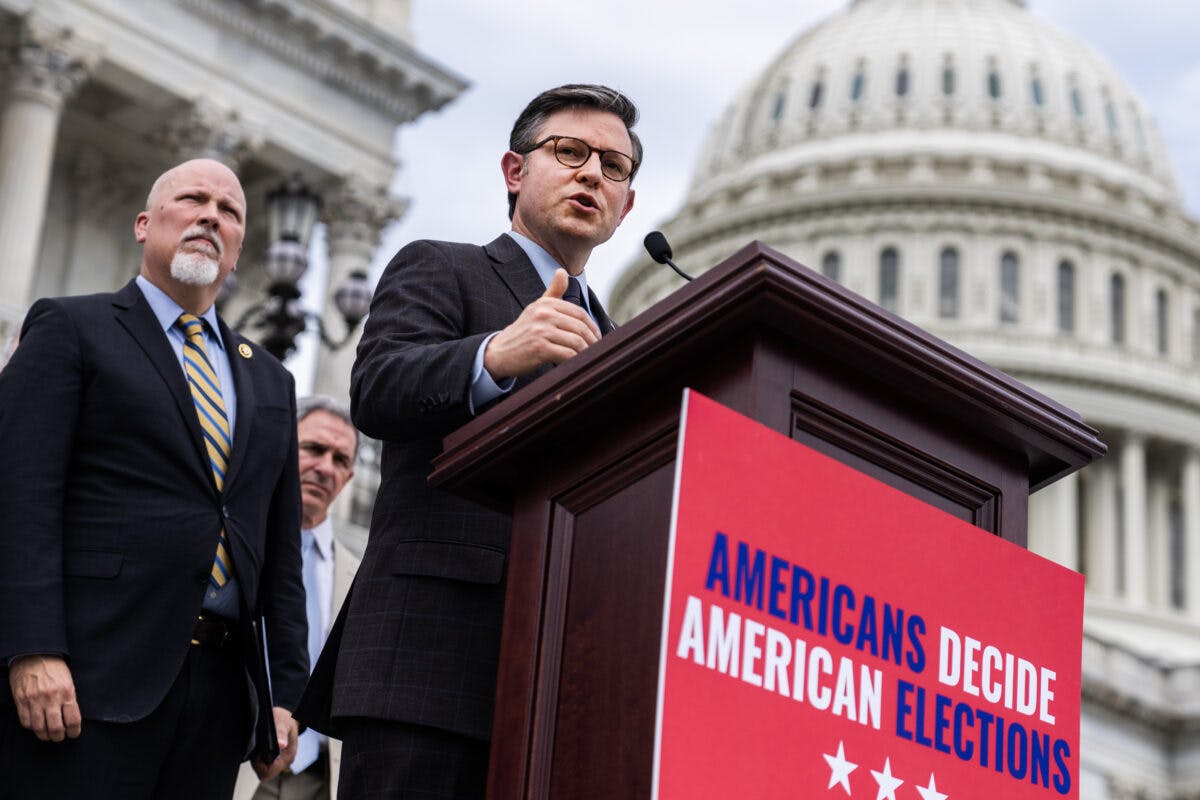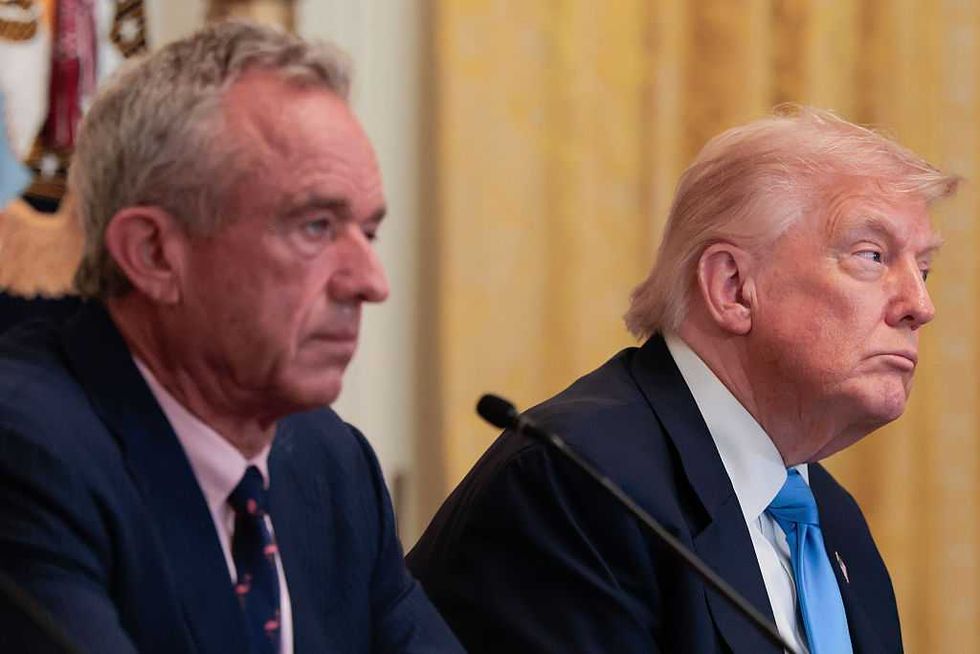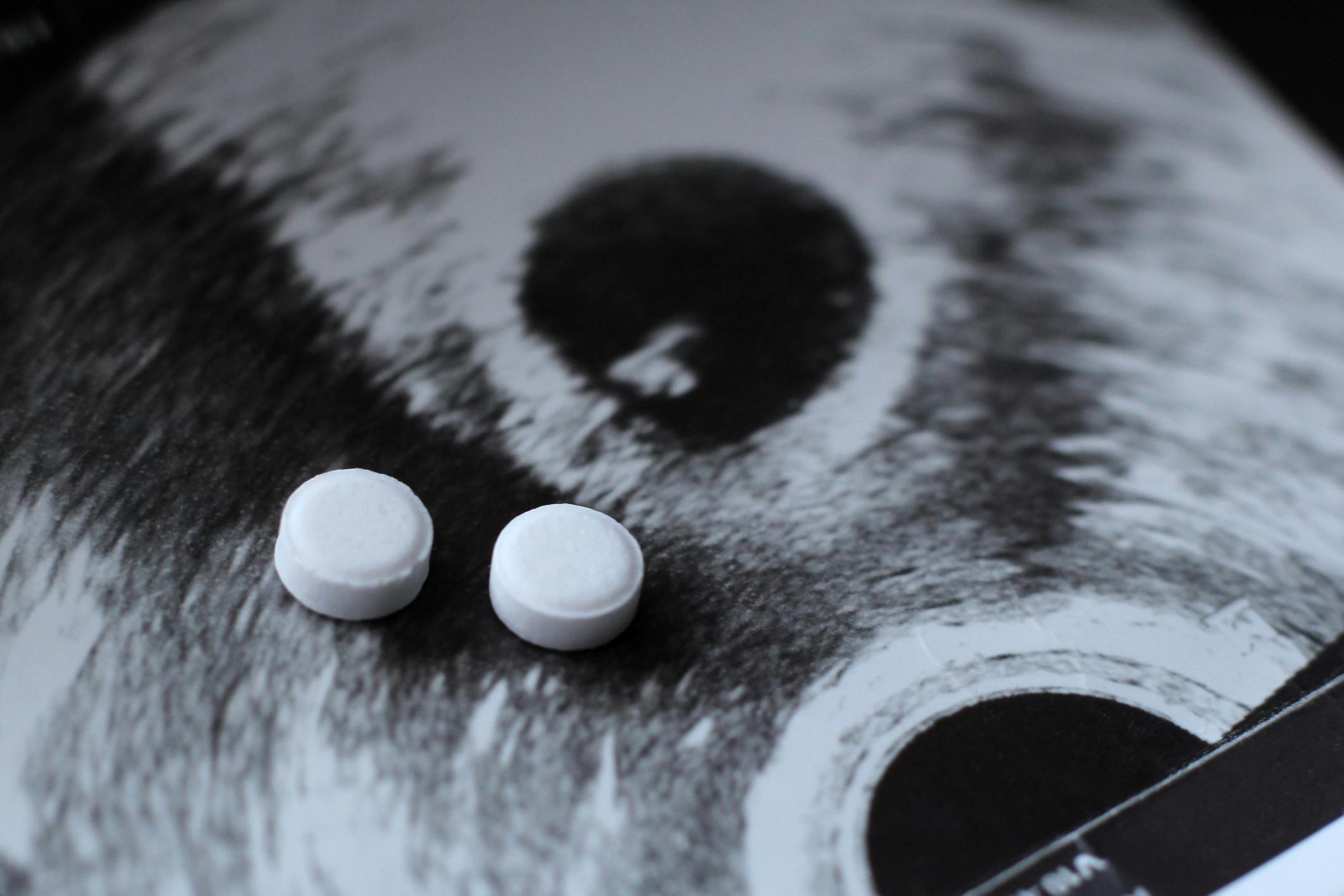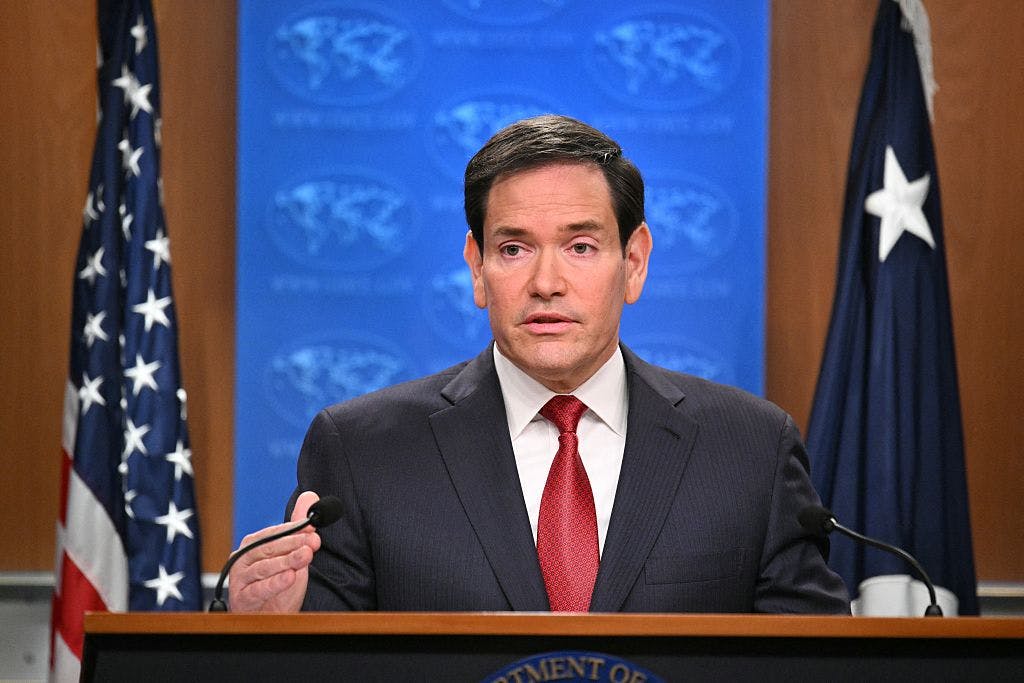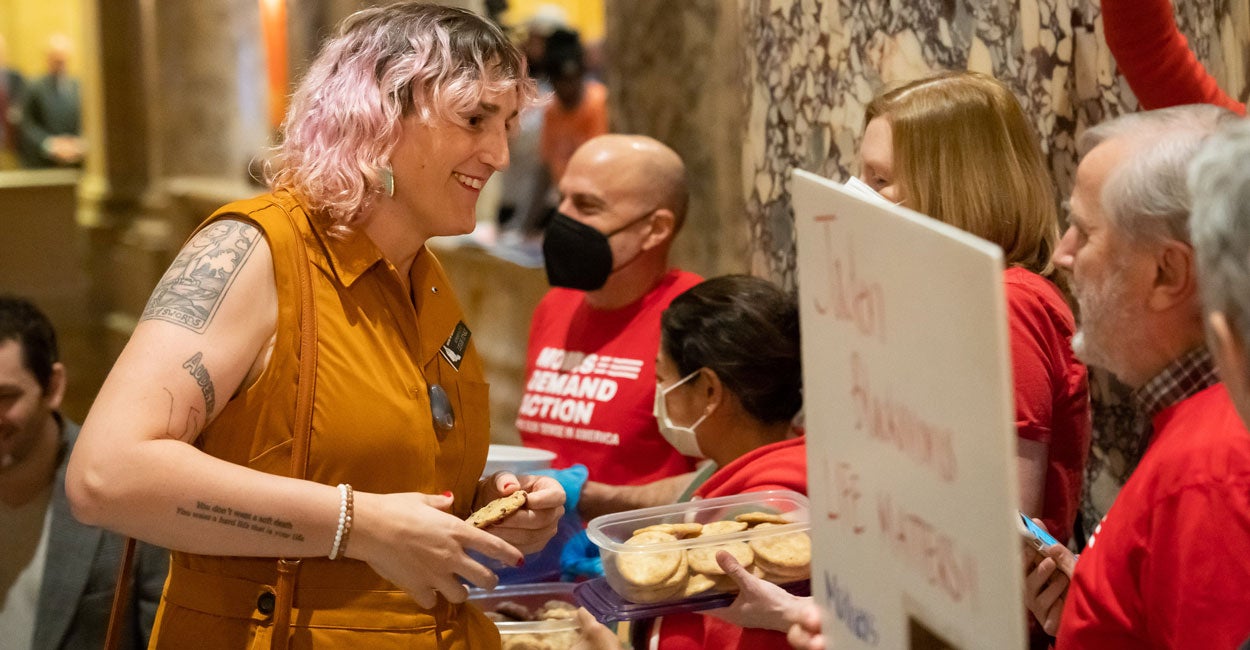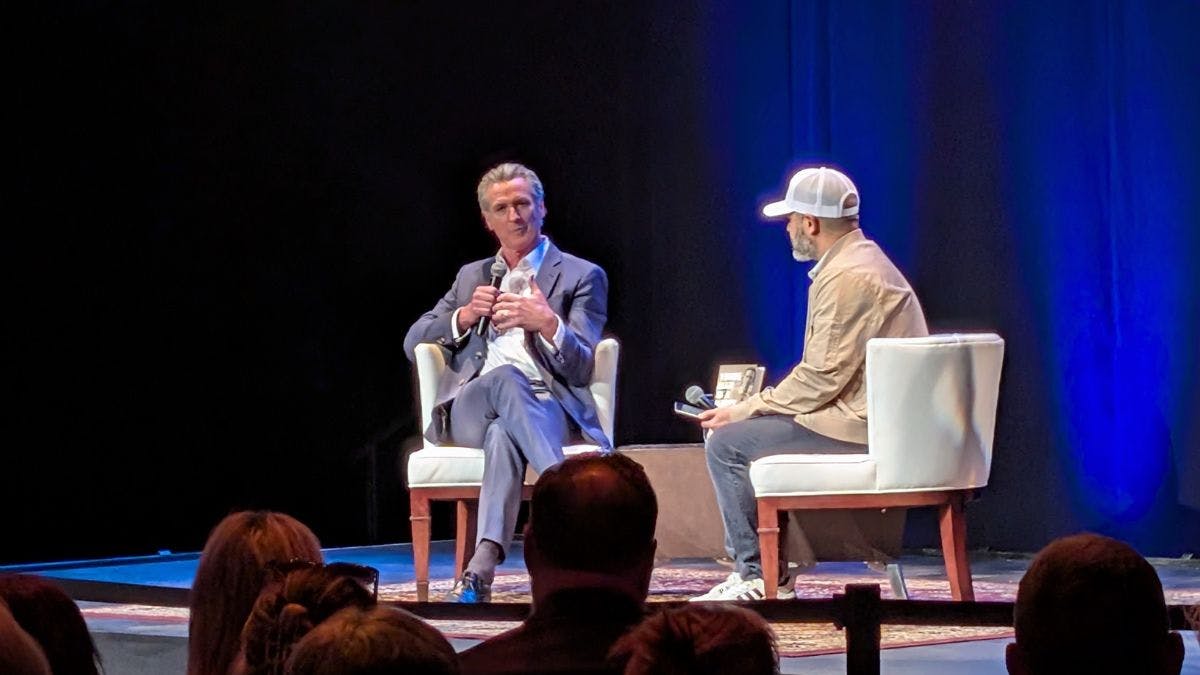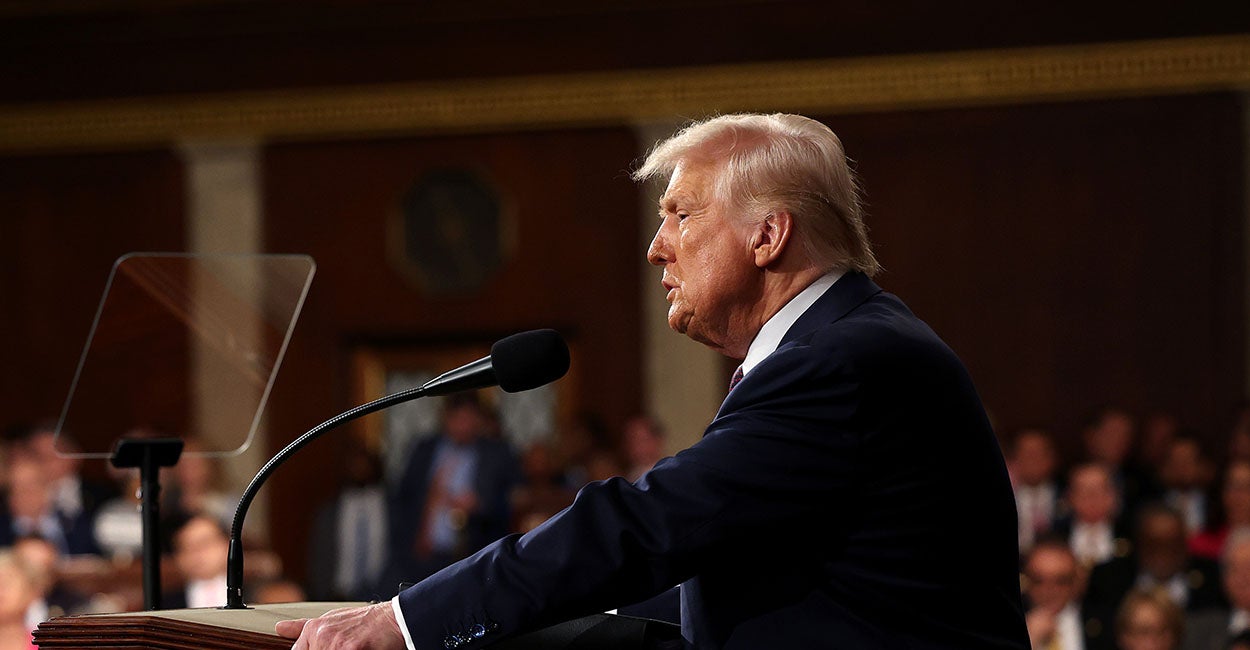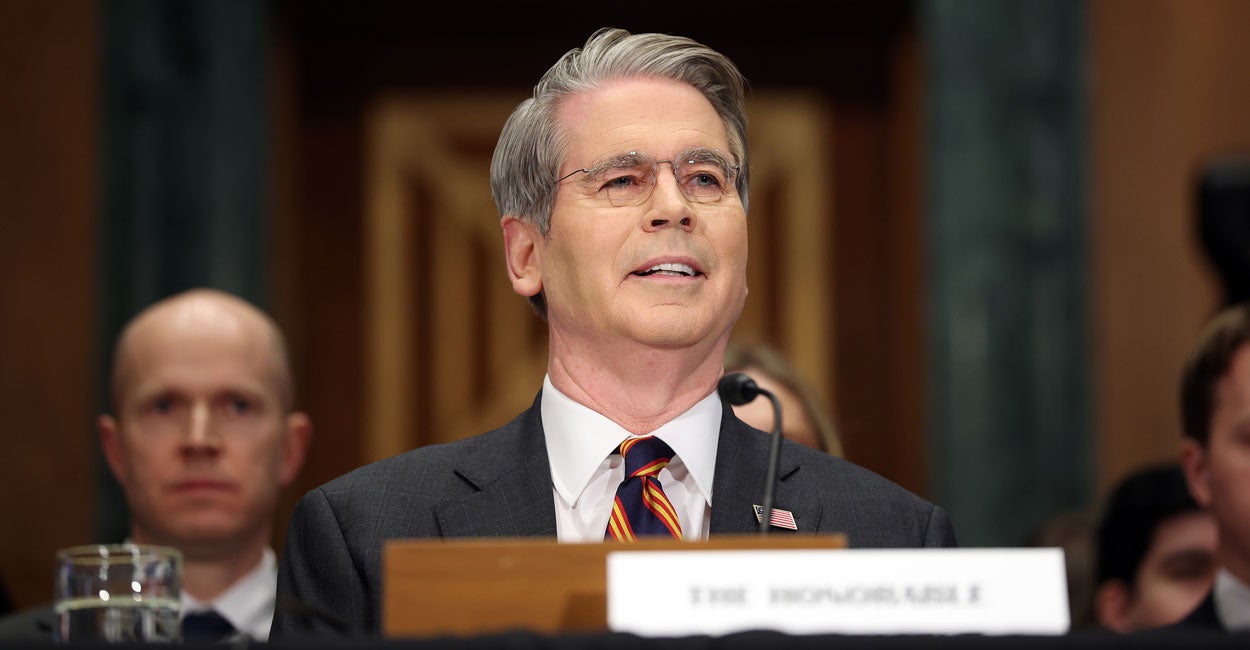Winter In Love: In New Book, Andrew Klavan’s Tortured Detective Finally Gets The Girl
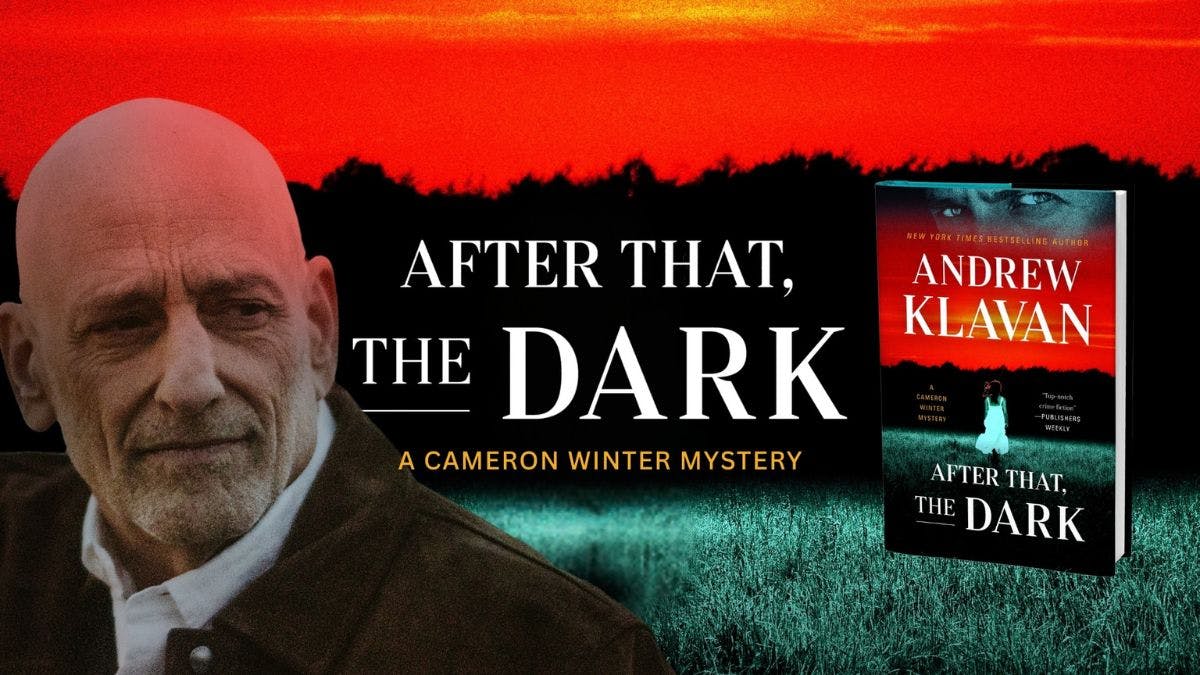
Through four books now, fans of Andrew Klavan’s Cameron Winter novels have wondered if the assassin-turned-poetry professor would conquer his inner demons and realize his life’s great ambition: becoming worthy of a good woman’s love. In his fifth outing, After That, the Dark, readers may at last have their answer.
Live Your Best Retirement
Fun • Funds • Fitness • Freedom
This installment finds Winter continuing to flirt with faith — literally. The object of his affection, therapist Gwendolyn Lord, is a committed Christian, and her belief in the spiritual realm prompts Winter to wonder whether his latest case is bringing him in contact with the demonic.
When Winter first meets Gwendolyn in the third book of the series, The House of Love and Death, he tells her of his “strange habit of mind” that leads him to obsess over crimes that don’t make sense. Remembering this, now that Cam has, thanks to therapy, overcome his guilt and self-loathing enough to ask her out on a date, Gwendolyn shares the story of an “impossible murder.”
After a mental breakdown leads him to slaughter his wife and baby, upstanding Tulsa man Owen McKay is confined to a jail cell and under constant video surveillance when he’s found dead of a single bullet to the heart. The authorities preposterously rule his death a suicide, but it’s obvious to Winter they’re covering up evidence.
Just as he’s decided to solve the classic locked room mystery to impress Gwendolyn, he gets word of a similar murder in Connecticut. Once again, a loving husband and father is overcome by dark impulses that seem completely out of character. Is technology or something even more malevolent driving these violent breaks? And are there other ordinary family men out there at risk of committing similar crimes?
Klavan tells me part of the fun of writing this novel was contrasting Gwendolyn’s faith with Cam’s agnosticism as they consider motives for the killings. “Cam’s absolutely crazy about Gwendolyn from the first minute he sees her in one of the earlier books,” Klavan shares, “but at the same time, she’s saying things that make him feel like he doesn’t know what she’s talking about. Every time she says, ‘Well, maybe it’s a problem with demons,’ he’s thinking, ‘What on earth is this woman?’ But at the same time, he’s swept away by her. So he’s trying to take it seriously.”
As Cam continues to hunt for clues, he discovers the killers may have been possessed by a more artificial form of intelligence — one that’s learned to take advantage of ordinary human predilections for evil.
Klavan says that if he were starting out writing today, he would focus on science fiction for the simple reason that while technology is moving faster than ever and challenging our culture’s moral boundaries like never before, ultimately, it is still our own virtue, or lack of it, that shapes how we use the tools the best and brightest minds invent.
“It’s never the technology. It’s always the people,” Klavan says. “People always say, ‘We’ve got to regulate this.’ But you can’t regulate technology. You regulate what people do because people do evil things. And so, everything we create has a possibility to do something good and has a possibility to do something bad. And people being what they are, those who want to do bad with them are kind of ahead of the game.”
This focus on the fallen nature of man occupies Winter’s mind, too, as he considers his service to his country and weighs the assassinations he once considered patriotic.
“No country can really be good, can it?” he thinks. “They’ve all got people in them. And you know what they’re like.” At the same time, he is coming to understand that the inability of a country and its people to be all good doesn’t erase their noble and worthy aspects. He even begins to realize that his protective instincts may redeem his own lethal past—the one that has so plagued his psyche during his sessions with therapist, Margaret: if taking up killing again means protecting Gwendolyn.
“Cam had a major breakthrough in the fourth book,” Klavan explains. “He really deals with the past that has had its grip on him, and he’s now he’s free, and we’re going to see what he’s like when he gets rid of all this baggage. I mean, here’s a guy who walks into mortal danger cool and calm. He’s a courageous guy, yet he cannot bring himself to call this girl on the phone, because he knows she matters. He knows she’s not just another girl. He knows that this is something important. And so when he finally works up the courage and does it, it is a genuine catapult into his own future. And so I think that this is the book where Cam becomes fully himself.”
And a Cam who is fully himself may have to return to the work he once did so well—removing opposition. But this time, he will do it not for duty. Not for country. But for love.
Originally Published at Daily Wire, Daily Signal, or The Blaze
What's Your Reaction?
 Like
0
Like
0
 Dislike
0
Dislike
0
 Love
0
Love
0
 Funny
0
Funny
0
 Angry
0
Angry
0
 Sad
0
Sad
0
 Wow
0
Wow
0
